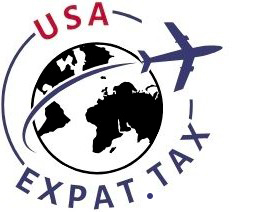U.S. Tax Treaties
🌍 U.S. Tax Treaty Analysis for Expats: What It Is and Why It Matters
If you're a U.S. citizen or green card holder living abroad, you may be able to reduce or eliminate double taxation through income tax treaties between the United States and your country of residence. This is where treaty analysis becomes essential.
What is Treaty Analysis?
Treaty analysis is the process of reviewing the tax treaty between the U.S. and a foreign country to determine how income, pensions, business profits, or residency status should be treated for tax purposes. The goal is to ensure you're not being unfairly taxed by both countries on the same income.
Key treaty benefits often include:
Reduced or zero withholding on dividends, interest, and royalties
Exemptions or special treatment for pensions, social security, or scholarships
Provisions for residency tiebreakers (useful in dual residency situations)
Guidance on permanent establishments (for business owners)
Why It Matters
Without proper treaty analysis, expats can:
Pay too much tax
Miss out on exclusions or exemptions
Double-report income that should only be taxed in one country
Fail to claim credits, leading to IRS notices or overpayments
Treaty positions must sometimes be disclosed on Form 8833 when claiming treaty benefits.
Foreign Countries with U.S. Treaties

